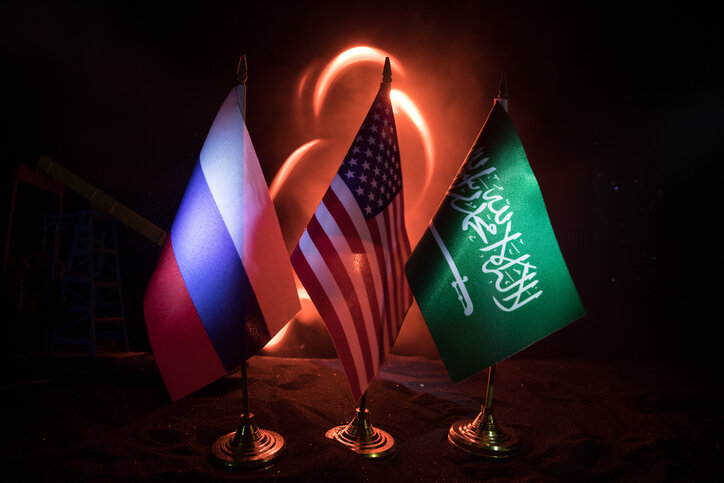The United States Engagement in the Middle East and North Africa :
2nd of February at 2PM ( GMT)
The third webinar, of the US Diplomacy Month, will address questions related to the US’s diplomacy with regards to Middle East And North Africa. The proceeding of the webinar is an experts consultation on US engagement in the Middle East and North Africa
After a turbulent election campaign, the United States elected Joe Biden as its 46th President. This January the 20th , Biden will take office and policy adjustments are expected in the US foreign policy that would impact the US engagement in most regions in the world.
As part of the US Diplomacy Month , the Global Diplomatic Forum will organize a series of webinars that address questions related to US Diplomacy and potential scenarios that will transform its policies for different regions in the world . These Webinars host a panel of experts and bring a fresh perspective into the debate of US global engagement.
Since the mid -20th century, the US has been the major power in ensuring order of the Middle East and North Africa region. However, during the Obama Administration, the US has started its gradual disengagement from the region and shift towards Asia pacific. However, during the Trump administration, it has engaged in inconsistent policy across the region. it was absent from the main security hot spots in Libya, Syria and Yemen.
The US has withdrawn the Iran’s Nuclear deal and has applied confrontational policy against Iran with maximum pressure. It has normalized autocracy in the region with strengthening relations with all the dictatorships in the regions and giving them free pass in human rights and governance. In the Middle East Peace Process, the so called “deal of the century “ failed to attract substantial support.
However, the administration was able to bring closer Israel with the regimes in the United Arab Emirates, Bahrain and Sudan. In North Africa, the administration was more less absence from the region except from last minutes recognition of Morocco’s Sovereignty on the Western Sahara for normalizing relations with Israel .
We look at the what the relationship between the US and the Middle East looks like during a Biden Presidency.
Confirmed Speakers :
Riccardo Fabiani, Project Director, North Africa, The Crisis Group
Dr. Hans-Jacob Schindler, Senior Director, Counter Extremism Project
Raed Jarrar, Advocacy Director, Democracy for the Arab World Now (DAWN)
Sarah Elzeini, CEO, SMZ International Group
Dr. James M. Dorsey, Senior Fellow at Singapore’s S. Rajaratnam School of International Studies and Middle East Institute




